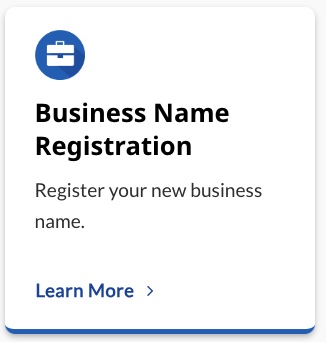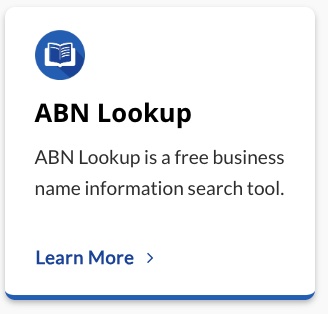In this day and age, technology has become an integral part of our daily lives. One of the most common and prevalent software tools we use is known as Enterprise Resource Planning systems, or ERP for short. Understandably, these systems might sound complicated. But worry not! Here’s a simple breakdown.
Let’s think of ERP systems as a big, virtual machine that helps companies run smoothly. Almost like our bodies with many connected systems, businesses also have various departments. Each department has unique needs and processes. For example, the Human Resources Department manages all of the company’s employees, while the Accounting Department takes care of the finances.
In the past, each department would use different systems not connected with each other. This is like trying to operate a machine with different parts not connected. It would be inefficient and likely cause lots of problems. That’s where ERP comes in. These systems connect all the parts of the company (departments) into a single system. It’s like a machine where all parts fit well and cooperate smoothly.
The main benefit of ERP systems is streamlining the business processes, making it more efficient. It helps in cost saving, improved customer satisfaction and decision-making. Let’s imagine a scenario: An item in a store is selling out quickly. With ERP, the sales department can alert the inventory department. The inventory department can then order more in time. Without it, they may order too late, leading to unsatisfied customers.
Yet, no good thing comes without pitfalls. ERP systems, like any other tool, may have some drawbacks. They can be expensive and time-consuming to install. They also need people to maintain and manage them. It also takes time for employees to learn how to use them. Plus, not every company may need such a system. Some smaller companies may do perfectly well with their current systems.
In the end, whether to use ERP systems or not depends on the company’s needs. If the benefits outweigh the drawbacks, it could be a great investment. Not only can it improve efficiency, but it also can help the business adapt to changes. More importantly, it brings different parts together to work as a single, well-oiled machine. It’s like giving a company its own brain and nervous system!
But given the drawbacks, it’s always crucial to weigh the pros and cons before deciding. After all, investing in an ERP system is no small decision. It demands a thorough thing through, from finances to employee training. And sometimes, it might be more beneficial for a company to stick to their current systems.
Whichever path companies decide to take, it’s safe to say that technology will continue to play a crucial role in the world of business. So, understanding tools like ERP systems today might make for better business leaders tomorrow.
Register your new business name at register.biz.au


